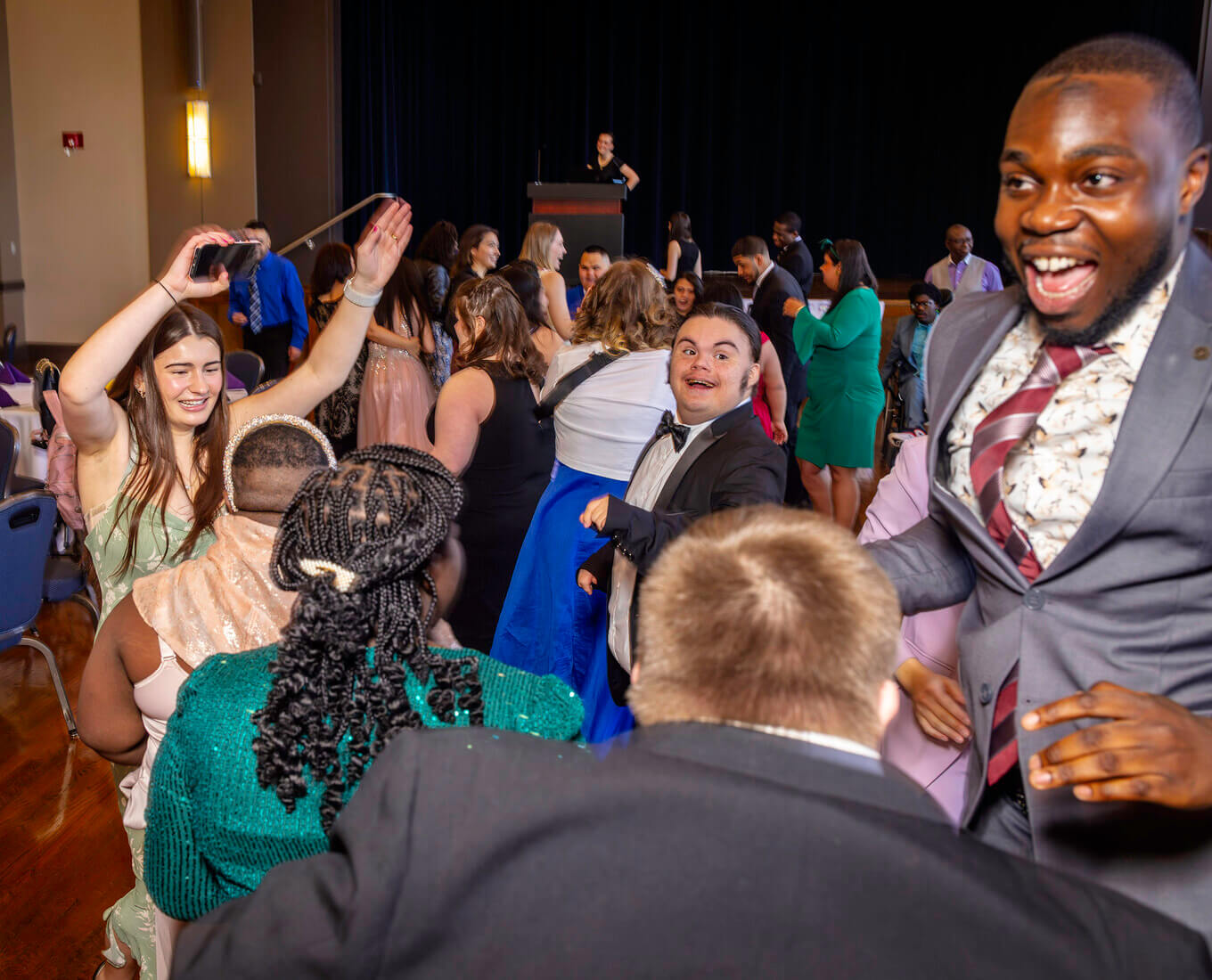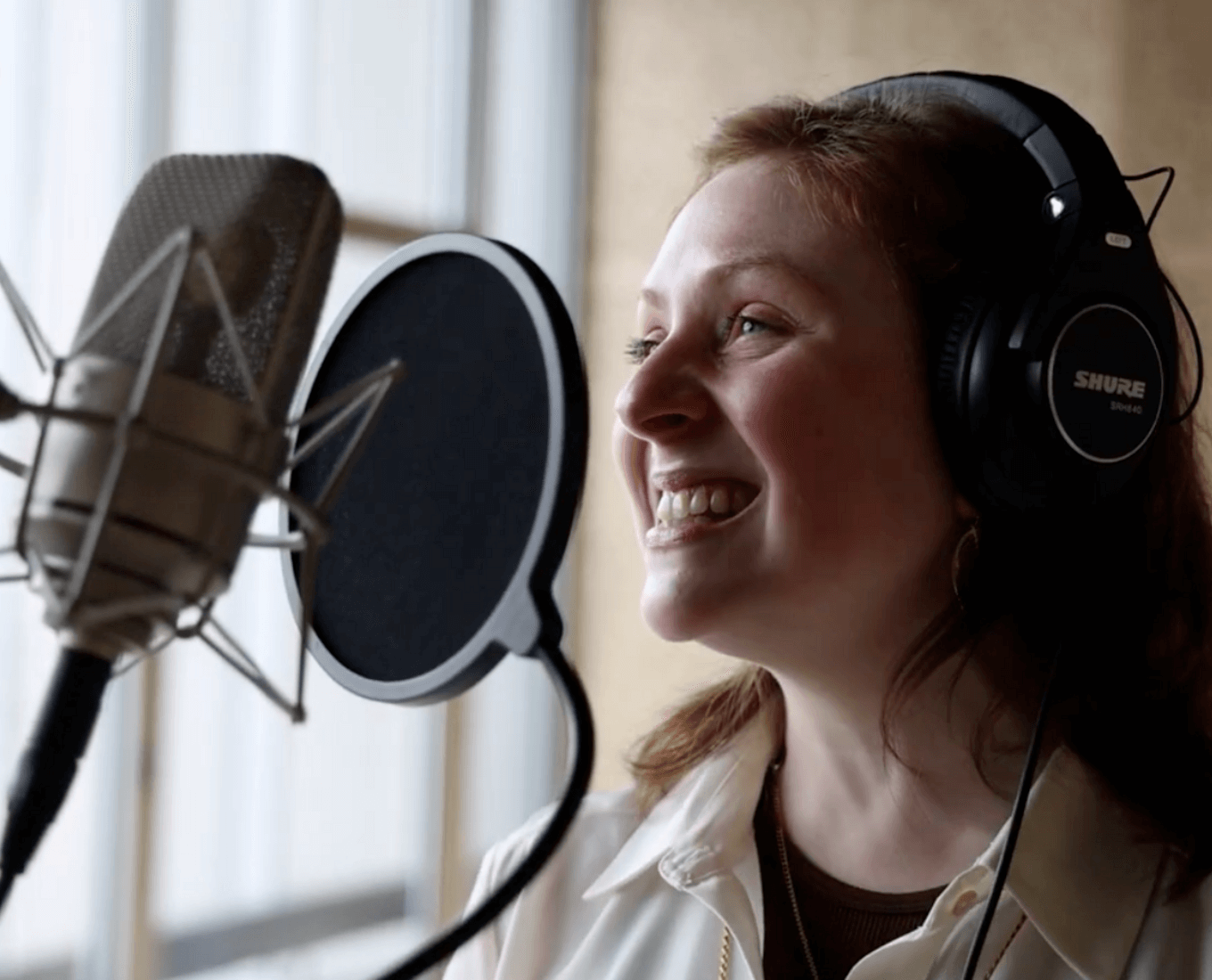Besides being an essential source of revenue for governments, lotteries are extremely popular and mysteriously compelling (who hasn’t imagined hitting the jackpot?). But, the general public still knows little about how they work.
Victor Matheson, associate professor of economics at the College of the Holy Cross, spoke about the long history of lotteries around the world on WNYC’s "The Leonard Lopate Show." Did you know that the Great Wall of China and Harvard University were funded in part by lotteries?
Throughout the segment, Matheson explained where lottery money comes from, where it goes, and what the odds are of winning it big.
“Typically, for every one dollar lottery ticket, roughly 50 cents goes into the prizes paid back to the lucky winners,” Matheson said. “About 5 cents goes back to the store who sold the lottery ticket in the first place. Another 10 or 15 percent goes into administration in the lottery or advertising campaigns. And roughly 30 – 35 cents on that dollar, about a third, goes into state coffers.”
Chances of winning are slim. “About 200 million to one for the Powerball,” said Matheson, “which makes it about 10 times more likely you’re going to get killed by lightening.”
“Any mathematician knows the way that you maximize the amount you win in the lottery is to not play at all. In fact, some people have called the lottery just a tax on people who are bad at math.”
This "Holy Cross in the News" item by Kristine Maloney.



